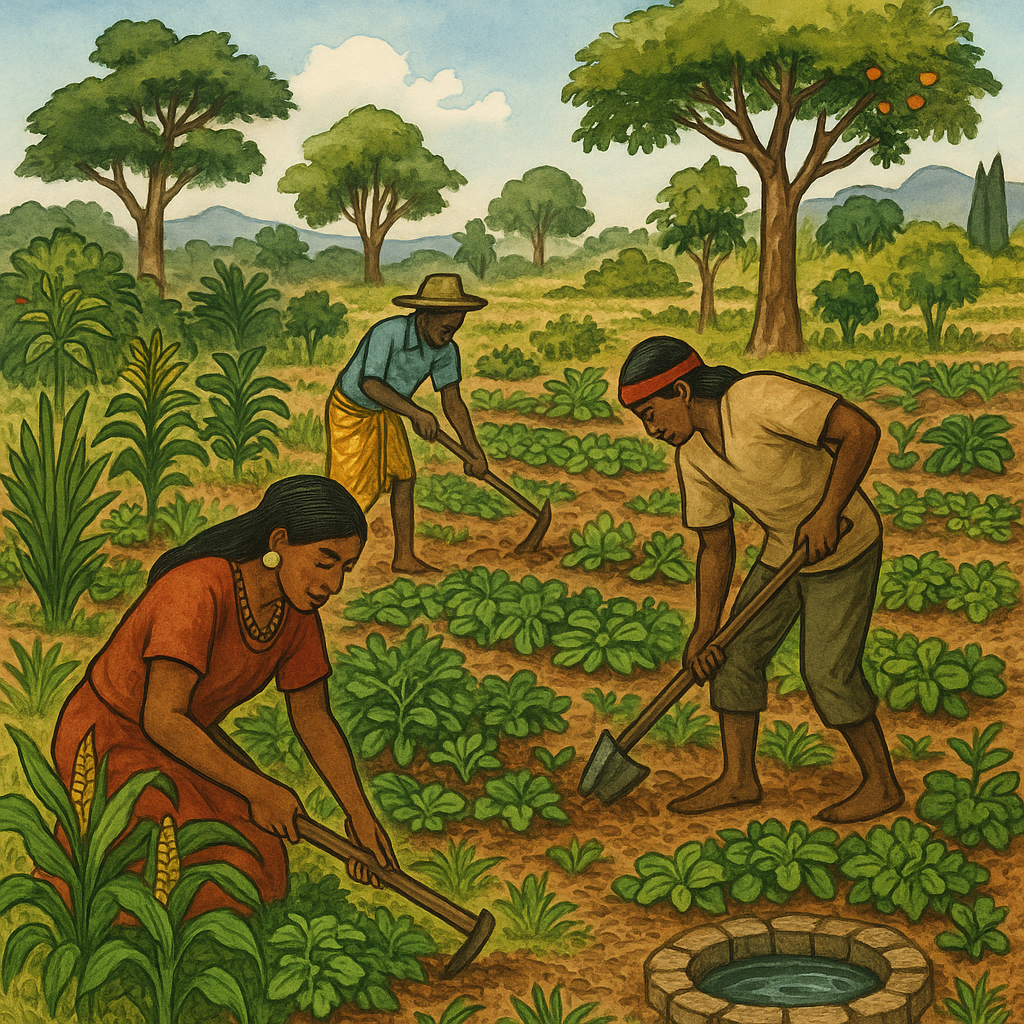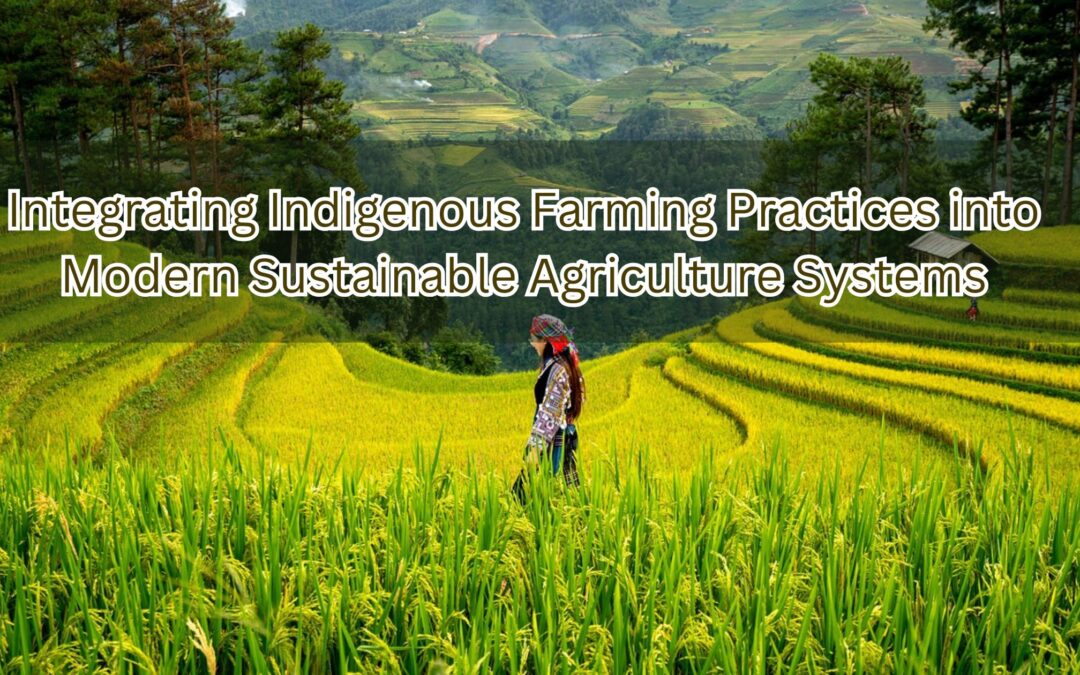Agriculture is not just about growing food; it’s about sustaining life, cultures, and communities. As climate change, land degradation, and food insecurity become increasingly urgent issues, it’s clear we need farming methods that are not only sustainable but also respectful of local traditions. That’s why integrating indigenous farming practices into modern agriculture is so important today.
Why Indigenous Farming Practices Matter
Indigenous communities have spent generations perfecting farming methods uniquely adapted to their local environments. Practices such as crop rotation, intercropping, agroforestry, and organic composting aren’t new—they’ve been used successfully by indigenous people for centuries. These methods preserve soil fertility, control pests naturally, and support steady yields, aligning perfectly with modern sustainable agriculture principles.
Traditional Pest Management: The “Push-Pull” Method
Have you heard about the innovative “push-pull” method developed in East Africa? Farmers plant Desmodium plants alongside maize to repel pests and Napier grass around the perimeter to attract pests away from the crops. This technique not only reduces the need for chemical pesticides but also enhances biodiversity and soil health.
Seed Selection and Preservation: Safeguarding Diversity
Indigenous farmers have long recognized the importance of seed diversity. By preserving a wide variety of seeds, they ensure resilience against diseases, pests, and climate change. Modern agriculture often relies heavily on monocultures and commercial seeds, but incorporating indigenous seed preservation techniques can increase sustainability and help maintain genetic diversity. Check out Seed Savers Exchange for more insights.

Water Conservation Techniques: Ancient Wisdom, Modern Solutions
Water scarcity is a growing challenge worldwide, but indigenous communities have long practiced efficient water management. Techniques such as the Zai pits in the Sahel and the ancient Qanat systems in the Middle East are excellent examples. Reviving these traditional methods and integrating them with modern technologies provides practical solutions for sustainable water use in agriculture.
Recognizing and Collaborating with Indigenous Knowledge
Despite their effectiveness, indigenous farming practices are often overlooked in mainstream agricultural policy and education. It’s crucial to acknowledge, document, and integrate these practices into modern research and development programs. By collaborating with indigenous communities as equal partners, we can build more resilient and sustainable food systems.
Embrace Indigenous Wisdom: Join the Movement for Sustainable Agriculture!
Integrating traditional indigenous farming practices into modern sustainable agriculture isn’t just beneficial—it’s necessary. Embracing this knowledge helps preserve cultural heritage, promotes social justice, and creates environmentally sustainable agricultural systems capable of feeding future generations.
Ready to learn more and be part of the solution? Join the Ecolonomics Action Team today and discover how traditional wisdom can shape the future of farming.
References
- Climate Change and Its Impact on Agriculture and Global Food Security
- Integrating Regenerative Agriculture with Traditional Farming Practices
- Food and Agriculture Organization (FAO). Indigenous Peoples and Sustainable Agriculture.
- International Centre of Insect Physiology and Ecology (ICIPE). Push-Pull Technology.
- Indigenous Seed Keepers Network. Seed Sovereignty and Preservation.
- International Water Management Institute (IWMI). Indigenous Water Conservation Practices.
- United Nations Development Programme (UNDP). Sustainable Development Goals and Indigenous Knowledge.



